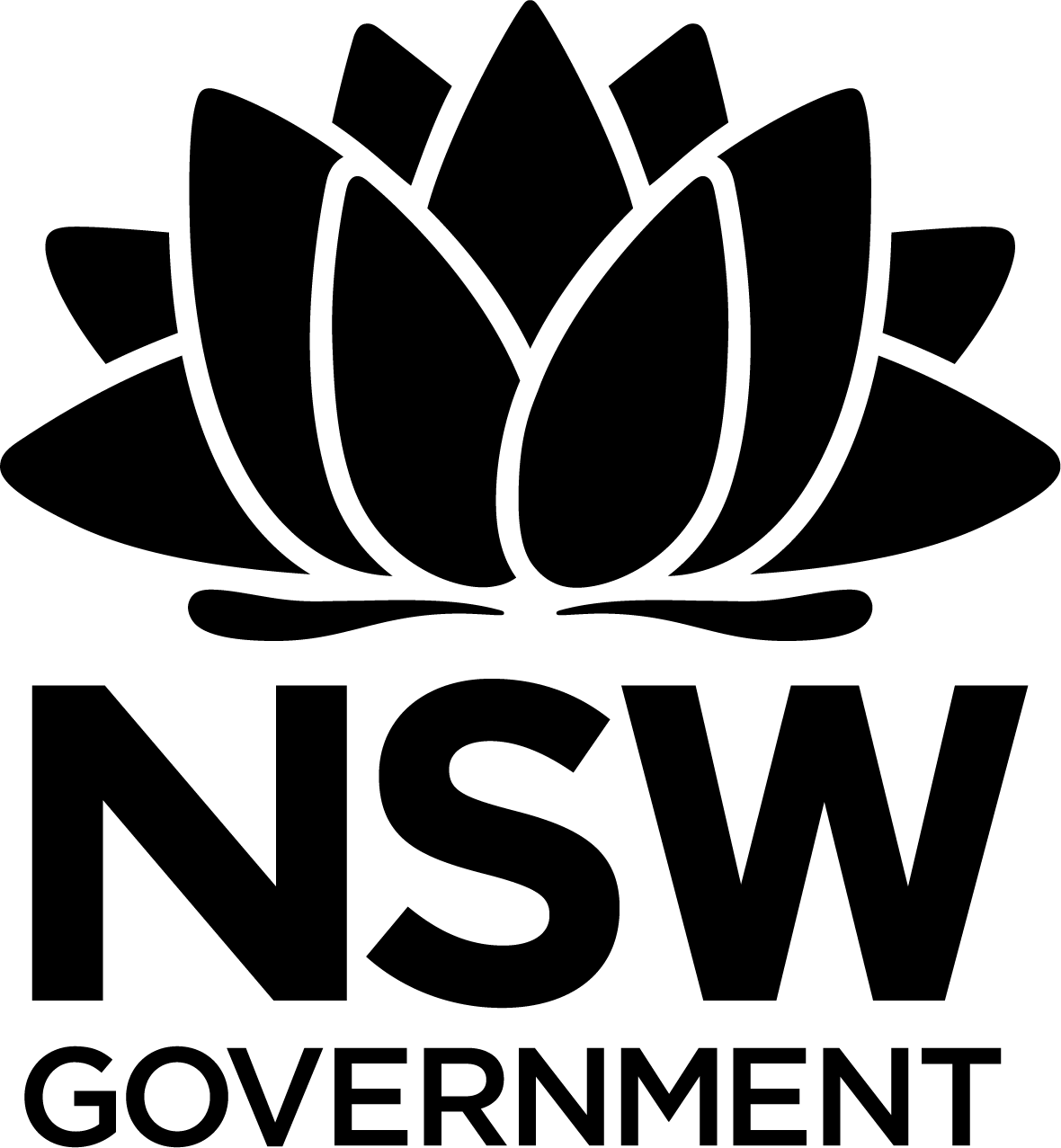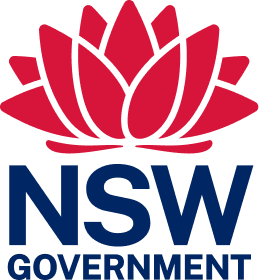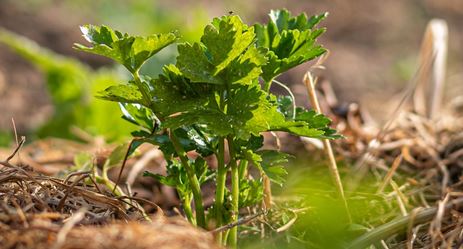
Crown land manager resource
Selling, mortgaging and acquiring commons trust land
Commons trusts control the land making up the common for the benefit of the commoners and, if authorised in an adopted management plan, for the wider community as well. That land can only be sold or mortgaged, or added to through purchase or lease, in limited circumstances.
In all cases, a commons trust proposing to sell or mortgage a common, or to purchase or lease additional land, must approach the department to obtain the minister’s consent. It is important that the commons trust discuss any of these proposals with the department before any significant progress on a proposal occurs or any commitments are made to third parties.
Additionally, a proposed dealing might affect any native title interests that might exist in the common. Before entering into any transaction, commons trust boards should consult the department to clarify any possible native title issues before proceeding.
Selling a common
The sale of a common or a part of it will only be considered in very exceptional circumstances. A sale can only occur with the minister’s consent.
A reason for selling part of a common may be because the commons trust board or the commoners decide it is not suitable for the purposes for which the common was set aside.
If the commons trust decides that it wishes to sell the whole or a part of the common, it must first contact the department to discuss the proposed sale.
The commons trust must then publish a notice concerning its decision to sell in a local newspaper.
Notice of intent to sell
The notice must specify the details of the land in question, the reasons for the decision to sell and the date on which the decision was made, and any other relevant matters. The notice should invite commoners, members of the public or interested bodies to send comments regarding the proposal to the commons trust within 14 days of publication.
Application for consent to sell
The commons trust must wait at least 14 days after the notice is published before applying to the department for the minister’s consent. The application should include copies of any responses received from commoners, the public or interested bodies, plus any relevant comment the commons trust board wishes to make regarding those responses.
Consent and conditions
The minister’s consent might be granted on conditions, including that the money received:
- must be used to purchase other land to become part of the common
- must be given to another commons trust.
If no conditions are imposed, the money received can be used for the general purposes of the commons trust (for example, maintenance or operating expenses).
The department will not normally approve the sale of part of a common simply to raise funds for maintenance.
Can a commons trust grant a mortgage over the common?
A commons trust can grant a mortgage over the common land in limited circumstances. The minister’s consent is required.
However, a commons trust should not consider raising funds through a mortgage unless:
- there is a specific project or improvement program for which the money is needed
- the commons trust can demonstrate that it has the financial capacity to repay the loan.
Unless these criteria are met, a mortgage will not be approved.
The commons trust should consult the department regarding other types of funding that are available.
Can a commons trust lease or purchase land?
A commons trust can buy land or take a lease of land for use in its operation of the common. The minister’s approval is required.
When land is bought or leased, the land forms part of the common, and the by-laws and rules applying to the rest of the common will apply to that land.
Subject to availability of funds, approval to buy or lease land to create a new common or add to an existing common will normally only be granted if at least one of the following criteria is met:
- there is a need to provide more common facilities on the basis that the existing common is not sufficient to meet the local area’s needs (for example, there may be a need for an additional grazing area or for the extension of a common’s natural areas).
- the land to be acquired can be used to raise money (for example, through fees, rents or licence fees) to assist the commons trust provide financial support for the management of the common.
- the land to be acquired will improve the management of an existing common (for example, improved access).
- the sale and purchase of land along a common’s boundaries will make management of its boundaries easier (this may involve ‘exchange’ of land with a neighbour).
Regulatory requirements
This Crown land manager web resource was printed on 27 Jul 2024. The information contained in this web resource is based on knowledge and understanding at the time of writing Jul 2024. However, because of advances in knowledge, users are reminded of the need to ensure that the information upon which they rely is up to date and to check the currency of the information by referring to the website (www.reservemanager.nsw.gov.au).
© State of New South Wales through Department of Planning, Industry & Environment 2024.
Page link: https://reservemanager.crownland.nsw.gov.au/who-we-are/commons-management/selling,-mortgaging-and-acquiring-commons-trust-land


